Alexandra Sholler is weird.
Her words—not mine. When I caught up with Sholler, whose fans know her as the superstar DJ and singer-songwriter Alison Wonderland, one word popped up more than any other: “weird.” On a radiant day in Los Angeles, we’re ironically talking about Whyte Fang, her secretive nom de plume by which she’s writing the darkest music of her career.
Profound but lost, Whyte Fang has always been veiled beneath another skin. Making woozy beats that could soundtrack a fever dream out of Fear and Loathing in Las Vegas, she predates Alison Wonderland and she’s subconsciously influenced the chart-topping artist all these years. But she’s a completely different person.
They just happen to look alike. After all, who are we if not doppelgängers of ourselves from years past?
“There’s a very weird side of me that I’ve wished I could put more to the forefront,” Sholler tells EDM.com of her mysterious alter ego. “And Whyte Fang is it.”
Suddenly that side of her became the center of attention in Los Angeles, a city that tends to extract weirdness out of people like marrow from a bone. She’s performing her first-ever headline gig as Whyte Fang at the famed Roxy Theatre on Sunset Boulevard.
The scene at the venue looks like some kind of phantasmagoric BDSM show. Teeming with eager spectators, the dusky club grows creepily quiet as a curtain drops to reveal a giant cage. Standing in the middle is Sholler, whose silhouette eerily gleams inside the hexahedron as it refracts lights from all sides.
Whyte Fang’s digitized, dreamlike voice slithers into focus and tells us we’re “safe here.” It’s more soothing than sinister. We all know we’re about to be under someone else’s control, but it’s a peaceful moment of stillness, like the five serene seconds after an anesthetic needle before it all goes black.
That moment didn’t last long. She spontaneously plunges headlong into “333,” a languid banger that flings us into a rabbit hole. The bass didn’t just bleed—it hemorrhaged.
Fortune favors the bold in the madcap world of electronic dance music, where an artist can apparently step into a cube and mutate into a ghost of themselves.
But the hours leading up to Whyte Fang’s long-awaited cocoon-burst were marred by panic and uncertainty. Due to technical issues with the LED cage concept, her team said they’d likely need to cancel the performance, leading to a frantic phone call that ended with Sholler in tears.
The devil was in the details. And it was also in Sholler, who was preparing to rock a demonic DIY ensemble complete with ghoulish neon eyelids she had painted with UV glow crayons.
The death stare look was part of a complex outfit that incorporated blacklight tactics and had taken months of painstaking work to design. Her manager, Garth Crane, even styled her hair and painted intricate shapes on her clothes by hand. When I saw him at the show, his arms looked like they’d been marbled.
It’s a microcosm of her team’s commitment to the Whyte Fang project, which she says is now “really starting to feel like something.” Along with Crane, lighting operator and stage designer David Fairless and visual designer Tyler Lampe have played pivotal roles in Whyte Fang’s round-the-clock development. Sholler is effusive in her praise of this plucky group, who overcame quite a stress test to get the L.A. show back on track.
Sholler says what we were supposed to see that night was “an even more exaggerated version” of what went down. That’s a scary thought considering the show’s stupefying visual spectacle.
“I wanted to do something that was surrounding me and I wanted to make it very visual- and light-centric,” she explains. “For me, when I’m making beats, I like when my music is dancing so heavily with visuals and lights for this project. All my clothing for Whyte Fang is black-lit. So when I’m lit up in the cage, because it’s transparent, you only see the black-lit parts of me moving.”
“It’s kind of what I’ve always dreamed to do with Whyte Fang,” she continues. “I want to keep this really separate from Alison. No one has touched this project. It’s just me.”
Scroll to Continue
Recommended Articles
There’s a disheartening sense of cognitive dissonance among today’s musicians. Many of them wittingly walk the plank of a life in the public eye despite a desire to focus on their art and protect themselves from the perils of the music industry, which intensify by the minute as social media sinks its claws further into their mental health. It’s one of the most vicious dichotomies they have to navigate on the serpentine path to success in music.
But therein lies the beauty of Whyte Fang’s cage concept. When she camouflaged into the trippy visual displays projected by the cube, she compelled fans to zero in on the music and forget about Alison Wonderland—if even just for a moment.
Hidden in plain sight, Sholler connected with her fans in an entirely new way, sharing her art without having to contrive the vulnerability that’s often led to emotional drainage. For her, Whyte Fang is an escapist nirvana.
“With Alison, it’s really telling my personal story. And it’s really a very big thing for me emotionally and physically,” she explains. “Whereas with Whyte Fang, I just want to escape and do the craziest thing I can, and make people feel like they’re escaping reality.”
“I really, really want this to be focused on the music,” Sholler continues. “I’m so performative with Alison and I fucking love it, but I just really wanted [Whyte Fang] to be an art piece. I didn’t want it to be about me… I’m just trying to let the art speak for itself without me having to frontwoman it. Because I’m not singing, there’s no lyrics. It’s about whatever the hell came out of my brain. It’s purely beats. It’s very primal.”
Sholler launched Whyte Fang back in 2008, long before the advent of her beloved Alison Wonderland project. At one point, she even connected with an unknown beatmaker named Flume (yes, that Flume) after they’d entered a music production competition in Australia. They both lost.
Whyte Fang is actually the original moniker under which Sholler produced all of her music before she inked her first record deal, a 2011 pact with EMI Australia. At the time, she refused to sign her EMI contract unless Whyte Fang was taken out of it. She knew she’d one day need to resurrect her shadowy sidekick to produce the wonky, occult music she’d fell in love with since discovering The Knife some 15 years prior.
Without those weird Whyte Fang beats, she’d find herself unable to disenthrall from the Alison Wonderland project—and starved of the creative freedom necessary to propel it. The antithesis of her deeply candid approach to songwriting, they unlock a visceral duality that makes her whole.
“With Alison, I’m putting every single part of my soul and private life out there,” she explains. “And it is a lot. So for me to be able to disconnect from that and only focus on having a flow state and making beats is kind of like my vacation from doing that. And I think that they’re both as deep for me.”
One of Whyte Fang’s first releases was a remix EP for a punk band, The Grates, called The Version Suicides. Sholler is immensely proud of the project.
“It’s kind of trippy to hear all of my old Whyte Fang stuff because it’s such early Alison, before anyone gave me attention,” she says.
The Whyte Fang sound of today is a far cry from the cyberpunkian indie flair of that 2011 record. Take, for instance, “TIDES,” a distorted banger that could flush your serotonin if not for its dystopian angst.
Sholler says each spellbinding track she’s released as Whyte Fang was started and finished in just one day. If a beat takes her any longer than 24 hours to produce, it’ll never escape the tiny circuit board inside the walls of her hard drive. There’s no silver bullet to unlocking creativity, but for Whyte Fang, a full-blown descent into a stream of consciousness is the skeleton key.
So what’s next for Whyte Fang?
“I’ve created my own record label called Fuck Me Up Records,” Sholler explains. “I have some crazy releases coming out soon. But I’ve been releasing Whyte Fang on Fuck Me Up Records and staying completely independent, and I feel so free doing this project. The only person I can blame is myself, and no one can tell me what the fuck to do. It feels really punk.”
“I’m not here to gain anything,” she adds. “I’m here to give a platform to someone else. I don’t need to gain anything from this. And that’s what I’m going to do with Fuck Me Up Records.”
Whyte Fang has also revealed her debut album, which is scheduled to release on March 31st, 2023 via FMU Records. You can listen to the label’s inaugural release, a single by Jon Casey and Dabow called “I Surrender,” here.
 [flexi-common-toolbar] [flexi-form class=”flexi_form_style” title=”Submit to Flexi” name=”my_form” ajax=”true”][flexi-form-tag type=”post_title” class=”fl-input” title=”Title” value=”” required=”true”][flexi-form-tag type=”category” title=”Select category”][flexi-form-tag type=”tag” title=”Insert tag”][flexi-form-tag type=”article” class=”fl-textarea” title=”Description” ][flexi-form-tag type=”file” title=”Select file” required=”true”][flexi-form-tag type=”submit” name=”submit” value=”Submit Now”] [/flexi-form]
[flexi-common-toolbar] [flexi-form class=”flexi_form_style” title=”Submit to Flexi” name=”my_form” ajax=”true”][flexi-form-tag type=”post_title” class=”fl-input” title=”Title” value=”” required=”true”][flexi-form-tag type=”category” title=”Select category”][flexi-form-tag type=”tag” title=”Insert tag”][flexi-form-tag type=”article” class=”fl-textarea” title=”Description” ][flexi-form-tag type=”file” title=”Select file” required=”true”][flexi-form-tag type=”submit” name=”submit” value=”Submit Now”] [/flexi-form]
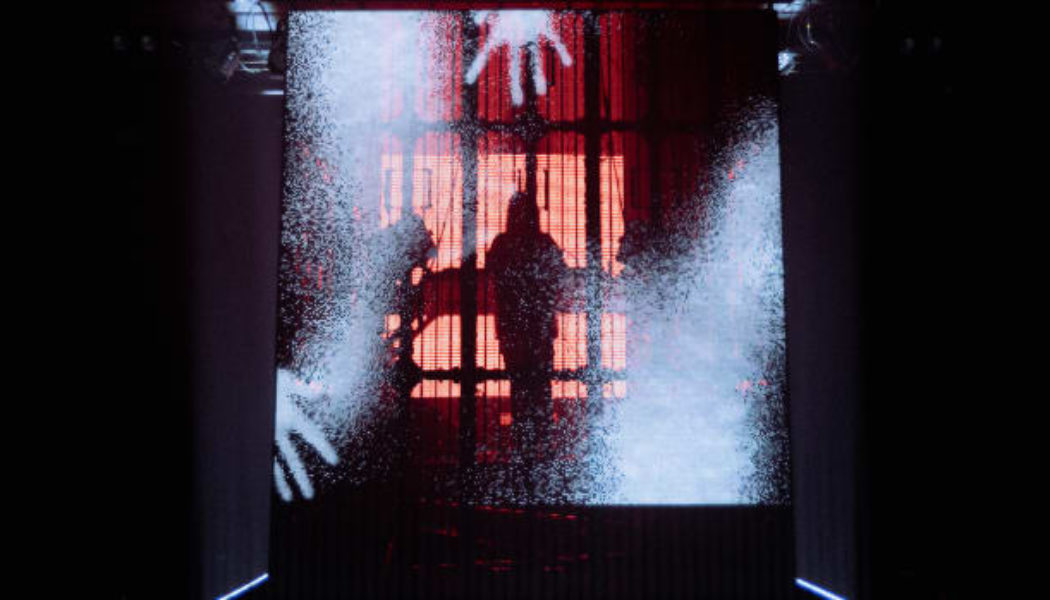





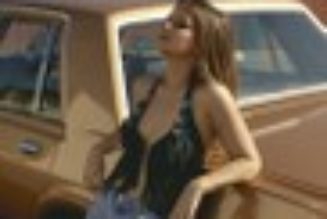

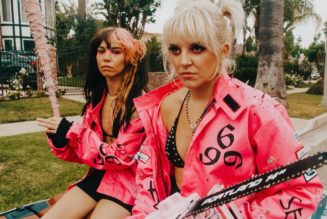
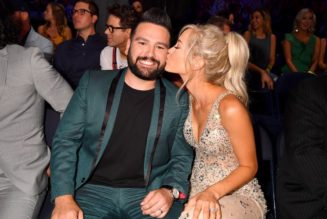
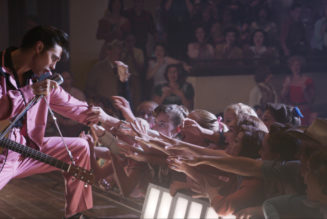
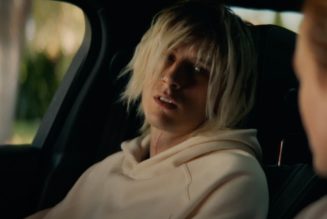
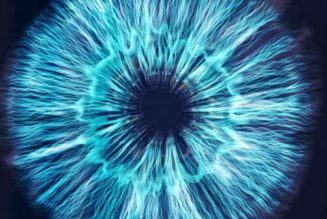
Tagged: Alison Wonderland, entertainment blog, FEATURES, interview, INTERVIEWS, music blog, Whyte Fang